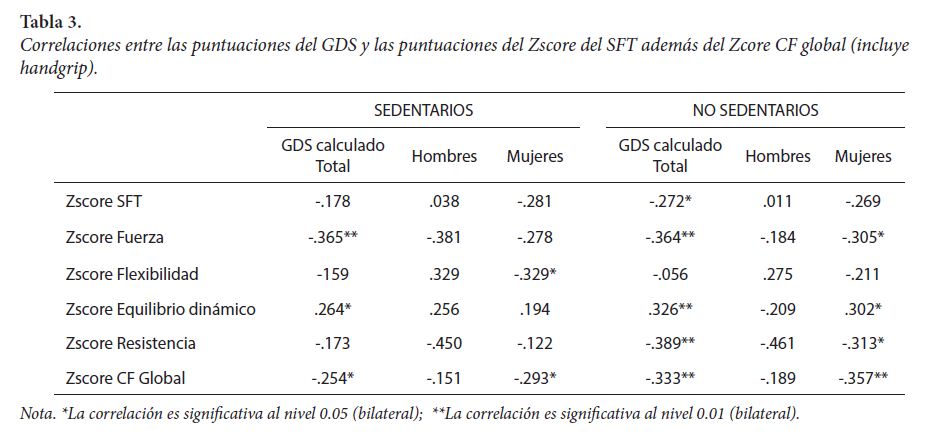Fitness Related to Depression and Quality of Life in Older People
Keywords:
Older People, Quality of Life, Fitness, DepressionAbstract
This research aimed to concretize the relationship between physical fitness with depression and quality of life in the sedentary and non-sedentary older people of the social centres of the City of Huelva. We have measured the variables: Physical Fitness (Senior Fitness Test), depression (Geriatric Depression Scale) and quality of life (SF36). We evaluated 63 sedentary older people between 60 and 87 years old (M = 71.2; SD = 5.81) and 66 non-sedentary older people between 60 and 87 years old (M= 69.71; DS=6.1). By gender, in sedentary older people 22.2% were men (n = 14) and 77.8% women (n = 49) and in non-sedentary 19.7 % were men (n=13) and 80.3% women (n=53). The physical fitness of the sedentary majors is some points above the non-sedentary ones, except the values of strength. In terms of depression, women have a higher depressive state than men and with higher values in sedentary versus non-sedentary. Finally, regarding the relationship between fitness level and depression, there is a positive relationship, especially an optimal level of strength favours a lower depression. The conclusions of the study emphasized that the physical fitness of the sedentary majors is above the non-sedentary ones, except the values of strength. In terms of depression, women have a higher depressive state than men and with higher values in sedentary versus non-sedentary.

